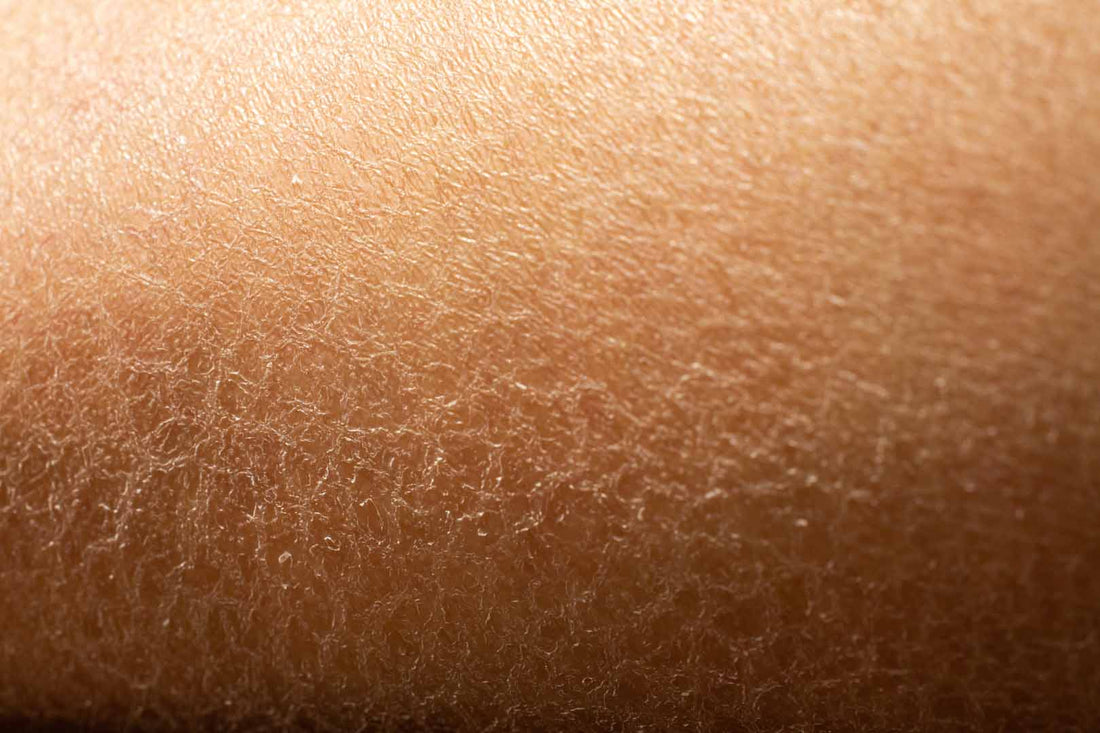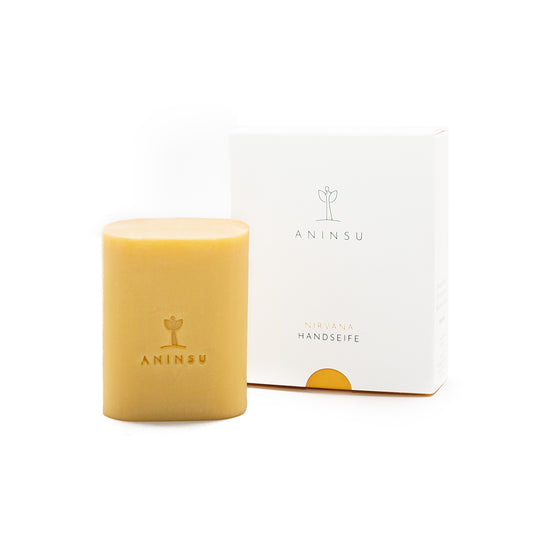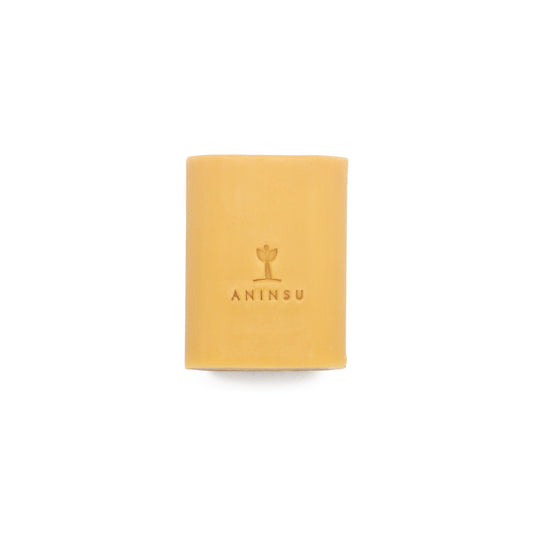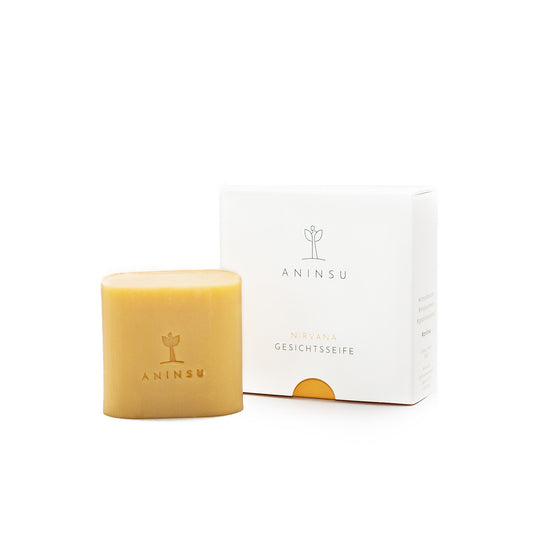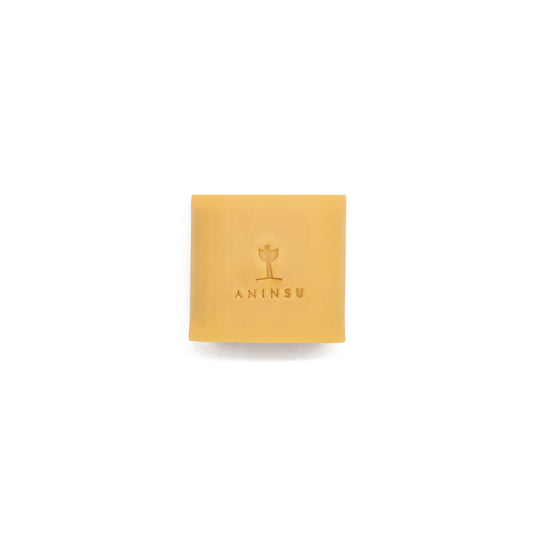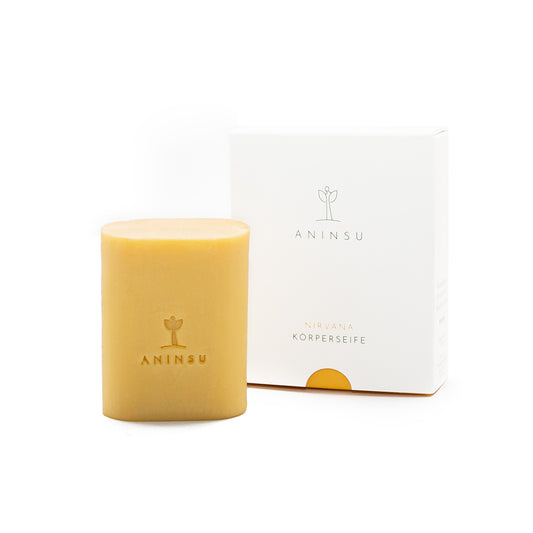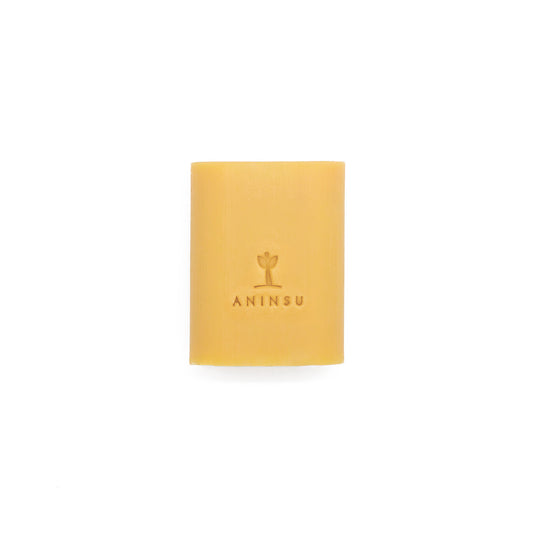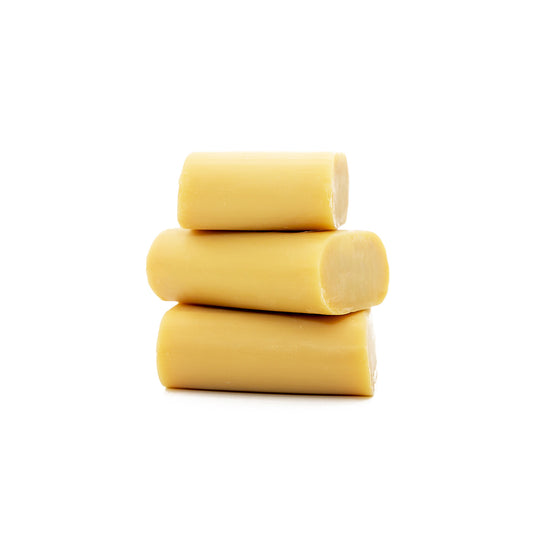Many people dream of having soft, smooth skin, but the reality is often different. Rough skin is a common phenomenon that many people find annoying. But what does it actually mean to have rough skin and what aspects should be considered more closely in this context?
The definition of rough skin
Rough skin is often characterised as skin that does not feel smooth and supple. It can manifest itself through an uneven texture, dryness, flakiness or even cracking. This skin condition can have various causes, including environmental influences, genetic factors, lack of moisture and improper care.
The danger of neglect
Many people regard rough skin as a cosmetic problem that does not require serious attention. But there are potential risks lurking here. Cracked skin can be an entry point for bacteria, which can lead to inflammation and infection. Dry skin also tends to age faster and can lead to long-term health problems.
The role of environmental factors
Environmental factors play a significant role in the development of rough skin. Cold weather, wind and sun exposure can dry out the skin and compromise its natural barrier. Pollutants in the air can also contribute to rough skin.
The importance of personalised care
Everyone's skin has a unique texture, so there is no one-size-fits-all solution for rough skin. Personalised skincare that meets the specific needs of the skin is crucial. This could include customising cleansing rituals, using gentle exfoliants or even visiting a dermatologist. For example, we can recommend our overgreased Nirvana soaps.
Moisturising as the key to the fight
One of the most effective ways to combat rough skin is the consistent use of moisturisers. These help to moisturise the skin and strengthen its protective barrier. The market offers a variety of products, but the choice should be made carefully to avoid harmful ingredients.
Listen to your skin
Rough skin should not only be seen as an aesthetic challenge, but also as a warning sign that skin care may need to be reconsidered. A conscious approach to the skin's needs, paying attention to environmental influences and personalised care can help to counteract rough skin and promote the skin's well-being.


